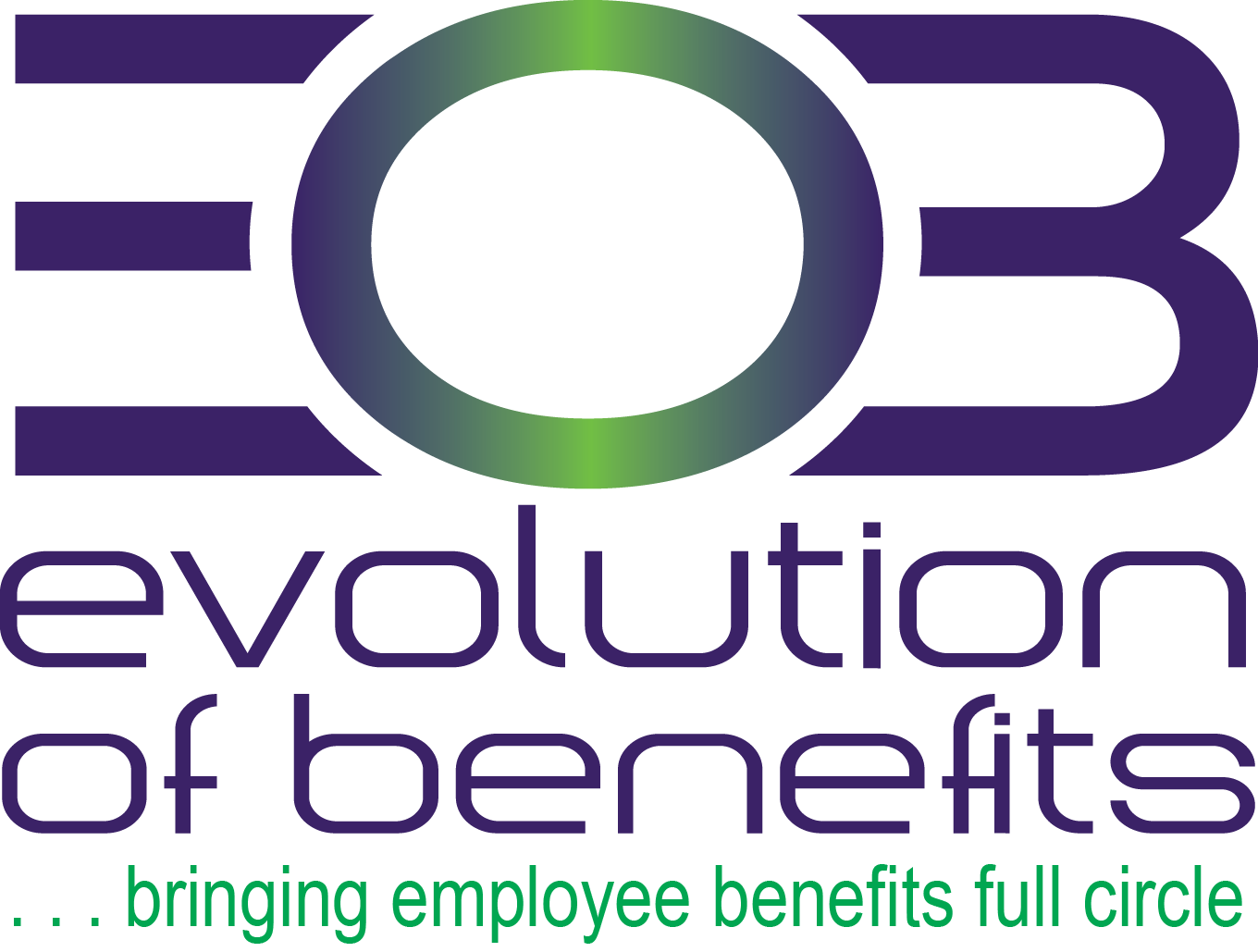RECOGNIZING GOOD AND BAD STRESS

Stress is often perceived as a negative force that impacts our overall well-being. However, not all stress is detrimental. Stress is common and healthy; it’s your body’s way of responding to threats, challenges and demands. Good stress, known as eustress, is healthy and can serve as a powerful motivator to tackle challenges. Understanding the difference between good and bad stress is crucial for maintaining a balanced and productive life.
🚨Deadline Reminder: RxDC Reports Are Due by June 1, 2025 📅

Group health plans and health insurance issuers must annually submit detailed information on prescription drug and health care spending to the federal government. This reporting is referred to as the prescription drug data collection (or RxDC report). This is an annual reporting requirement-plans and issuers must submit these reports by June 1 of each year, covering information for the prior calendar year.
DOL Issues Guidance on Independent Contractor Misclassification Enforcement (May)

On May 1, 2025, the U.S. Department of Labor (DOL) issued Field Assistance Bulletin (FAB) 2025-1 on how to determine employee or independent contractor status when enforcing the Fair Labor Standards Act (FLSA).
2026 HSA and HDHP Limits (May)

Each year, the IRS announces inflation-adjusted limits for health savings accounts (HSAs) and high deductible health plans (HDHPs).
The following chart shows the HSA and HDHP limits for 2026 as compared to 2025. It also includes the catch-up contribution limit that applies to HSA-eligible individuals who are age 55 or older, which is not adjusted for inflation and stays the same from year to year.
HSA/HDHP Limits Will Increase for 2026 (May)

On May 1, 2025, the IRS released Revenue Procedure 2025-19 to provide the inflation-adjusted limits for health savings accounts (HSAs) and high deductible health plans (HDHPs) for 2026. The IRS is required to publish these limits by June 1 of each year. These limits include the following:
• The maximum HSA contribution limit;
• The minimum deductible amount for HDHPs; and
• The maximum out-of-pocket expense limit for HDHPs.




















